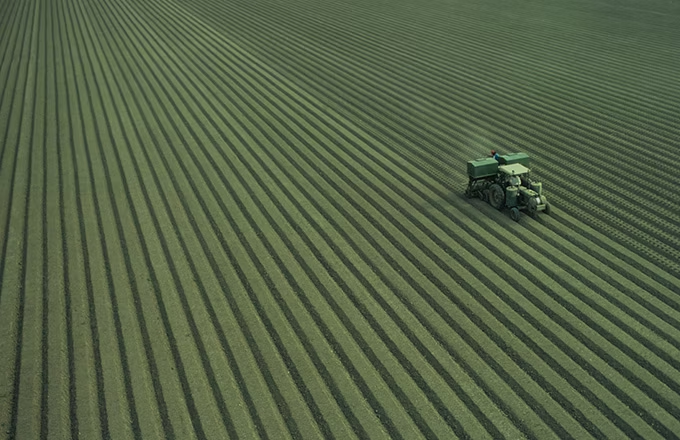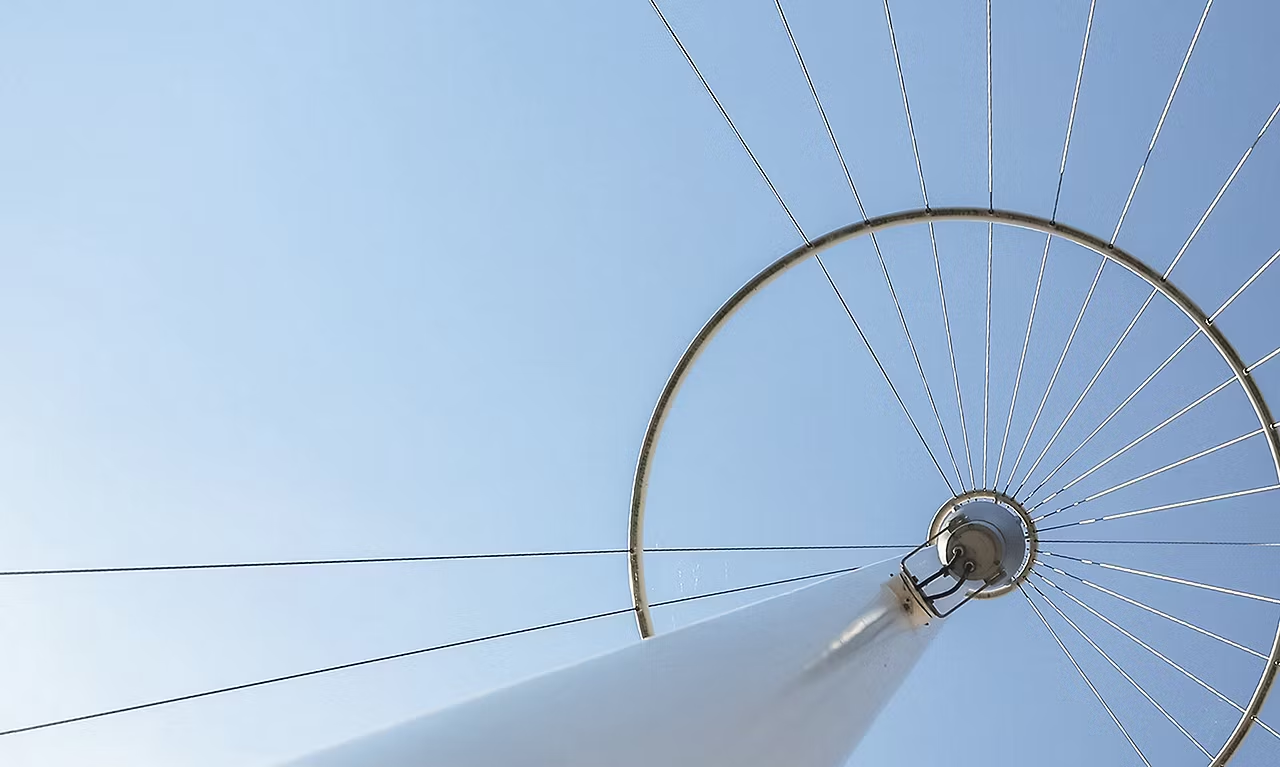The SPIVA Australia Scorecard measures the performance of actively managed funds relative to benchmarks over various time horizons, encompassing equity, real estate and bond funds, while providing statistics on outperformance rates, survivorship rates and fund performance dispersion.
2024 Highlights
2024 was characterized by contrasting outcomes for active managers in Australia. In the Global Equity General category, 85% of active managers failed to match the benchmark's return, with a similar trend observed in the Australian Equity A-REIT category. Australia Equity General funds fared relatively better, with a 56% underperformance rate, while active funds in the Australian Bonds and Australian Equity Mid- and Small-Cap categories achieved majority outperformance for a second consecutive year. Exhibit 1 summarizes the results across all our reported categories.

- Global Equity General Funds: Developed market equities had another exceptional year, with the S&P World Index posting a 31.7% return in Australian dollar terms (19.5% in U.S.
dollar terms). Funds in the Global Equity General category, which has the largest number of available funds, struggled to keep pace; the one-year underperformance rate of 85% was the second highest on record (see Exhibit 7). Underperformance rates increased for longer terms, reaching 95% over the 15-year period. - Australian Equity General Funds: The S&P/ASX 200 finished the year with an 11.4% gain, and 56% of actively managed Australian Equity General funds underperformed, closely aligning with its long-term average of 58% (see Exhibit 5). Over the 15-year span, 85% of active funds fell short.
- Australian Equity Mid- and Small-Cap Funds: The S&P/ASX Mid-Small rose by 10.5% in 2024, with 63% of actively managed Australian Equity Mid- and Small-Cap funds outperforming it. Funds in the category achieved an asset-weighted average return of 14.5%. Their long-term underperformance was also comparatively better, with 72% and 58% of funds lagging over the 10- and 15-year periods, respectively.
- Australian Bonds Funds: Active managers in the Australian Bonds category continued to excel, recording a 30% underperformance rate in 2024, following a 26% rate in 2023. They delivered an asset-weighted average return of 3.9%, compared to a 2.9% return for the S&P/ASX Australian Fixed Interest 0+ Index. However, more years of strong performance will be needed to change the longer-term statistics, as 82% of funds lagged over the 15-year period.
- Australian Equity A-REIT Funds: With the S&P/ASX 200 A-REIT posting a robust 18.5% return, the Australian Equity A-REIT funds recorded the highest underperformance rate among all reported categories at 86%. This category also exhibited the lowest survivorship, with 9 out of 51 funds either merged or liquidated during the year (see Report 2). Over the 15-year period, 87% of funds underperformed.

















































